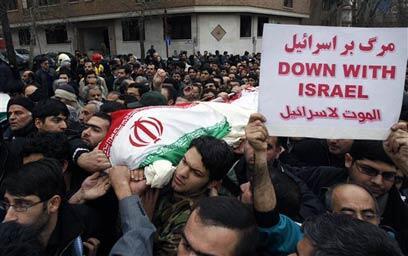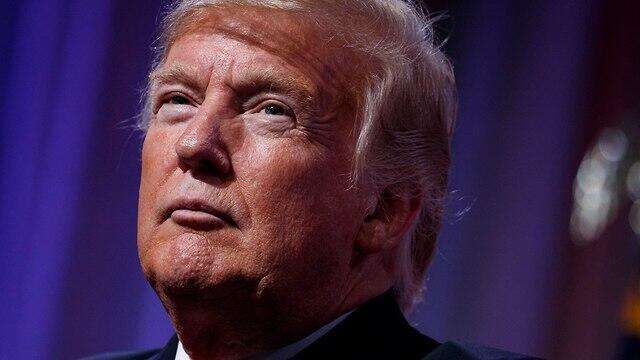Getting your Trinity Audio player ready...
Iran’s nuclear chief Ali Akbar Salehi told The Associated Press in an exclusive interview Tuesday in Tehran that the "consequences will be harsh" if there are any new attacks targeting Iran's nuclear scientists.
and Twitter
A string of bombings, blamed on Israel, targeted a number of scientists beginning in 2010 at the height of Western concerns over Iran's program.
Israel has never assumed responsibility for the scientists' assassinations Iran attributed to it.
In 2010 Iran's parliament speaker said it had received information that Israeli and US intelligence intended to carry out "terrorist acts" in Tehran after the killing of scientist Professor Massoud Ali-Mohammadi .
The scholar worked for Iran’s Islamic Revolutionary Guard Corps.
In the same year, former president Mahmoud Ahmadinejad accused the United Nations of complicity in the murder of a nuclear scientist Majid Shahriyari ,days before talks aimed at defusing a nuclear stand-off.
"In these kinds of terrorist acts, undoubtedly the United Nations is in cahoots with Zionists," the former president stated.
Salehi also said that he hopes the atomic deal between Tehran and world powers survives, but warns the program will be in a stronger position than ever if not.
Salehi also said that President Donald Trump’s decision to withdraw America from the 2015 accord “puts him on the loser’s side” of history.
He added: “That deal could have paved the way for building the trust and the confidence that we had lost.”
Salehi’s comments come after Trump decided to pull the US from the deal in May. The 2015 accord, struck under President Barack Obama’s administration, saw Iran agree to limit its enrichment of uranium in exchange for the lifting of crippling economic sanctions.
In the wake of Trump’s decision, Western companies from airplane manufacturers to oil firms have pulled out of Iran. Iran’s rial currency, which traded before the decision at 62,000 to $1, now stands at 142,000 to $1.
“I think (Trump) is on the loser’s side because he is pursuing the logic of power,” Salehi said. “He thinks that he can, you know, continue for some time but certainly I do not think he will benefit from this withdrawal, certainly not.”
Salehi spoke about Iran’s efforts to build a new facility at Natanz’s uranium enrichment center that will produce more advanced centrifuges. Those devices enrich uranium by rapidly spinning uranium hexafluoride gas.
For now, the nuclear accord limits Iran to using a limited number of an older model, called IR-1s. The new facility will allow it to build advanced versions called the IR-2M, IR-4 and IR-6, which can enrich uranium much faster.
“If we have to go back and withdraw from the nuclear deal, we certainly do not go back to where we were before,” Salehi said. “We will be standing on a much, much higher position.”




